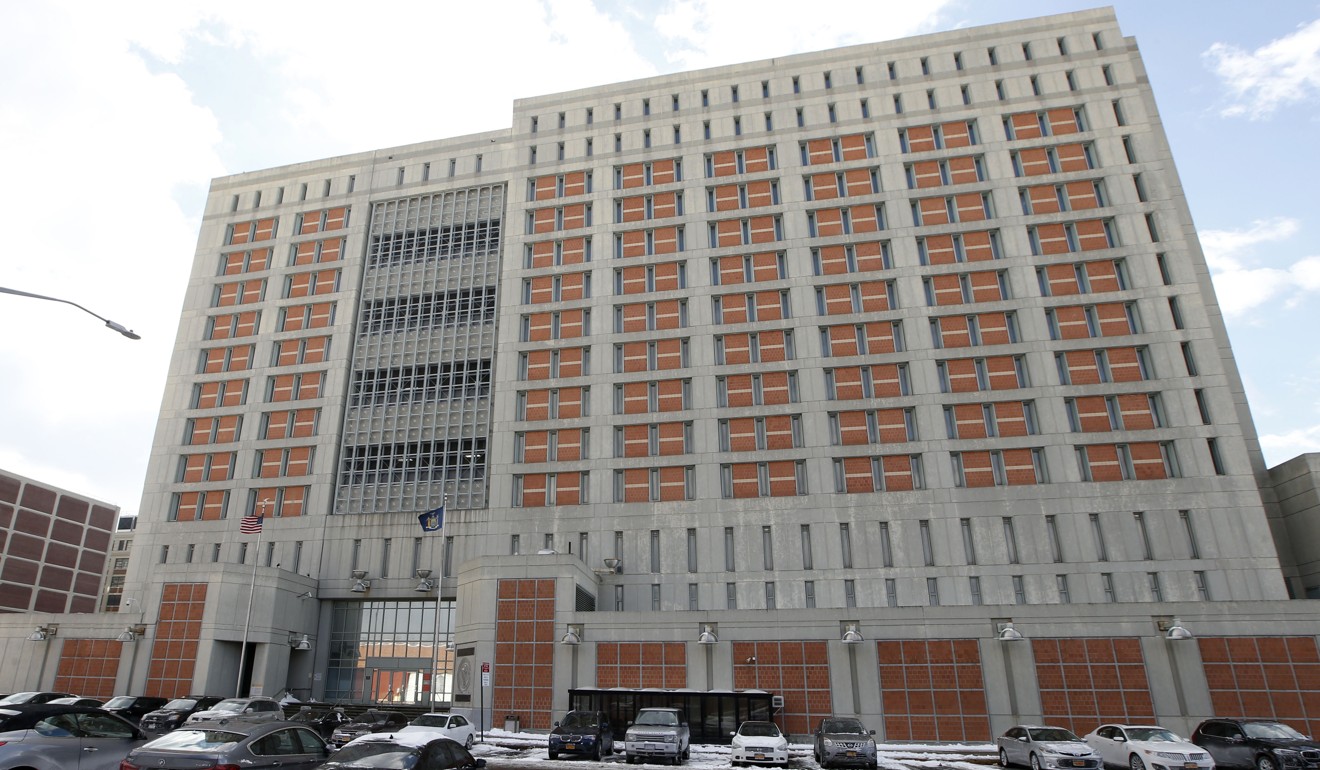
Coronavirus: anxiety over spread of disease ignites a rush of US virus-related scams
- Cybersecurity and law enforcement experts warn that scammers are playing on people’s fears about the infection
No, chewing garlic pills or drinking colloidal silver won’t help you stave off the coronavirus. Legitimate doctors won’t send emails in broken English claiming to have treated your sick relatives and demanding thousands of dollars in return. And no one, state and federal authorities say, should be charging as much as US$10 for a roll of toilet paper.
But just as the spread of the coronavirus has sparked a collective wave of national anxiety, a litany of price-gougers, snake-oil salesmen, email phishers and scammers is emerging just as quickly to exploit it.
Their tactics are not new, cybersecurity and law enforcement experts say. But the nation’s level of concern over a disease that has infected tens of thousands of people in the US and killed more than 200 is.
“The play’s the same, they’ve just changed the scenery,” said Michael Levy, a University of Pennsylvania law professor who formerly led the cybercrimes unit in the US Attorney’s Office in Philadelphia. “The idea is to play on fear. When we’re afraid, we don’t think with the front part of our brain, and getting people to operate on fear is how they operate.”

That’s made some people more susceptible to scams shilling virus-preventing air duct cleanings, urgent emails with dodgy links to malware-infected apps, and hucksters hawking special toothpastes online that they claim can curb the virus’ spread.
“We’re seeing just an explosion of scams on a level that we have not seen in relation to one event before,” said Scott Brady, US attorney for the Western District of Pennsylvania, who announced the formation Thursday of a coronavirus task force to crack down on fraud. Since his task force’s hotline launched it already has received complaints about email phishing scams targeting municipal government offices and another bearing a Fox News logo with links purporting to lead to the latest coverage of the virus.
Dow drops more than 900 points, ending worst week since 2008
Homeland Security officials in New Jersey let the air out of one particularly persistent fraud Friday – a text message making the rounds all week that claims the sender has “military friends” with inside information that President Donald Trump would announce a nationwide, two-week “mandatory quarantine” within the next 72 hours.
That one caused so much alarm it prompted the typically reserved National Security Council to tweet: “Text message rumours of a national #quarantine are FAKE. There is no national lockdown.”
In the Philadelphia region, police in Perkasie, Bucks County, and in Moorestown, Burlington County, warned residents in recent days not to fall prey to potential scammers going door-to-door offering in-home testing for the virus, when no such tests exist. Spokespersons for the departments said they had received no specific reports of this happening in their jurisdictions but issued their warnings in response to chatter on neighbourhood message boards.
Meanwhile, Pennsylvania Attorney General Josh Shapiro said he’s fielded nearly 1,800 complaints of skyrocketing prices for staple goods to a price-gouging email address he launched Monday. As of Thursday, his office had sent cease-and-desist letters threatening legal action to 39 businesses in Philadelphia and its suburbs.
The targets included a chain department store in Bensalem selling hand sanitiser for US$20 a bottle, a Bucks County farmers market where a case of water went from US$3 to US$15 in a few days, and a Philadelphia store selling US$50 N-95 face masks, a spokesperson for the attorney general said.
Although not regulated by the same restrictions that apply to taxpaying businesses, a handful of Philadelphia-area posters on Facebook’s Marketplace feature were hawking essentials in short supply like toilet paper for as much as US$100.
And while the ink isn’t even dry on a Senate proposal to issue relief checks to individual Americans as part of a broader stimulus action, the Federal Trade Commission is already warning against scammers seeking Social Security numbers, bank accounts or credit card numbers to release the funds.
“It will seem legitimate to people who have heard in the news that those distributions might be coming,” said Jonathan Sasse, marketing executive at First Orion, an Arkansas company that builds scam protections for mobile-phone users. “And often times, where scammers are very successful is if they’re dealing with a too-good-to-be-true thing like an offer of funds in times of desperate financial conditions.”
Alex Quilici, CEO of the robocall blocking service YouMail, said his company has reports of recorded messages purporting to offer US$400-a-week, work-from-home jobs with Amazon and cleaning services that claim to shield houses from disease.
Still, law enforcement agencies say adopting a measure of common sense could offer the best immunity to common frauds. They’ve urged people to independently verify companies making coronavirus claims and suggested caution with unsolicited emails offering information, supplies, or treatment in exchange for personal information.
Do not click on links or open email attachments from unknown senders, they’ve warned. And make sure anti-malware and antivirus software is up to date.
In a memo sent to US attorneys nationwide Monday, Attorney General William Barr directed each to appoint a “coronavirus coordinator” to prioritise disease-related fraud reports.
US Attorney William M. McSwain urged scam victims to call the FBI at 215-418-4000.
“Remember,” Shapiro’s office said. “If there is a medical breakthrough, you won’t hear about it for the first time through an email, online ad or unsolicited sales pitch.”
Purchase the China AI Report 2020 brought to you by SCMP Research and enjoy a 20% discount (original price US$400). This 60-page all new intelligence report gives you first-hand insights and analysis into the latest industry developments and intelligence about China AI. Get exclusive access to our webinars for continuous learning, and interact with China AI executives in live Q&A. Offer valid until 31 March 2020.

